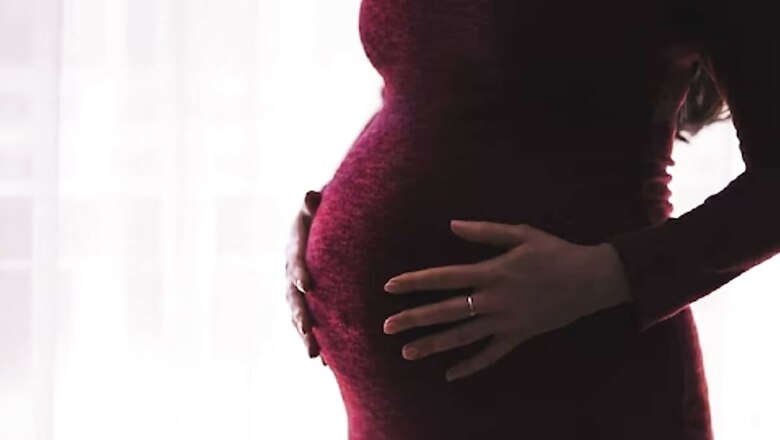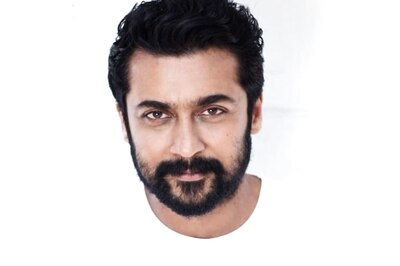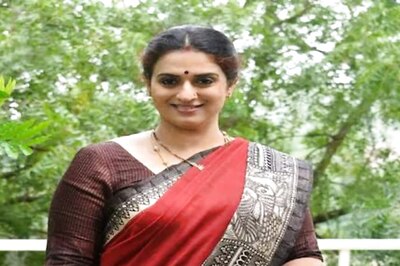
views
Married couples in India aspiring to become parents have some more hope now. The Centre has recently amended the Surrogacy (Regulation) Rules, 2022, to allow the use of donor gamete – ova or egg cells and sperm – if one of the “intending couple” has a medical condition.
The notification issued by the Ministry of Health and Family Welfare says “surrogacy using donor gamete is allowed subject to the condition that the child to be born through surrogacy must have at least one gamete from the intending couple”.
This means that the couple cannot opt for surrogacy if both the partners have medical conditions or unable to have their own gametes.
The notification comes almost the year after the Centre banned the use of donor gametes for surrogacy.
What Changes Now?
As per the new change, the Centre points out that that both the gametes need not come from the “intending couple” in case the wife or the husband has a medical condition.
On March 14, 2023, Form 2 (Consent of the Surrogate Mother and Agreement for Surrogacy) of the Surrogacy Rules read with Rule 7 was amended to stipulate that donor eggs could not be used for gestational surrogacy of an intending couple.
The latest notification said the District Medical Board will certify either husband or wife suffers from medical condition necessitating the use of donor gamete. In that case, surrogacy using donor gamete will be allowed on condition the child through surrogacy must have at least one gamete from the intending couple.
But the new surrogacy laws will not be applicable to widowed or divorced women.
What about Single Women?
Single women (widowed or divorced) must use her own eggs and donor sperm to avail the procedure.
India does not allow unmarried women, queer, gays to have a surrogate child.
Why were the Rules Amended?
The Supreme Court had last year received petitions from women across the country after it allowed a woman with a rare congenital disorder to avail surrogacy with a donor egg. The Centre had in March 2023 issued a notification banning donor gametes for couples intending to undergo surrogacy.
Several petitions were filed in the Supreme Court following the amendment made in Rule 7 on surrogacy on March 14, 2023. The Rule 7 mentions the ‘Consent of the Surrogate Mother and Agreement for Surrogacy’ and deals about fertilisation of donor oocytes by the sperm of the husband.
The Supreme Court last December questioned the purpose of previous rules and said, “The very purpose of surrogacy would get defeated by such rules.” The court observed this while permitting more than two dozen petitioners to use the donor eggs to become mothers through surrogacy.
What are Health Experts Saying?
Health experts in the country have hailed the government’s decision to allow the use of donor’s gametes.
“While very few people need surrogacy — it is only meant for those who do not have a uterus, have a damaged uterus, or have a thin uterine lining — among those who do, the women are likely to be older, having tried other methods of getting pregnant before considering surrogacy. This is the reason some of them would need a donor egg; this is a very positive decision,” said Dr Anjali Malpani, an IVF specialist from Mumbai, as quoted by The Indian Express.
Another said the changes will help married couple have parenthood. “Most couples opt for surrogacy after multiple miscarriages and failed IVFs. If the woman intending to fulfil her dream of parenthood has low ovarian reserve by the time she decides to opt for surrogacy, either due to age or a medical condition, getting a donor egg is the only option to have a child. I am glad the government has reconsidered its previous decision and allowed the same,” Dr Shivani Sachdev Gour, founder secretary of Delhi State chapter of Indian Society for Assisted Reproduction (USAR), told The Times of India.




















Comments
0 comment